What our Maya ancestors say about death
Death is a loyal energy; it always accompanies us throughout our lives. The only thing that we know for sure in life is that we are born and then one day we will transcend. This was once said by a respected spiritual leader when speaking to this moment in life.
In our modern society we have been taught that death is something negative, that it is the end of us. We fear death and try to avoid the fact that this is a part of us. However, it is an unavoidable element of life, as it is part of the cycle. This modern concept is considerably different from the Maya tradition's view and perception, since the Maya consider it natural, and celebrate death as part of a rebirth.
When we look at death, it is not perceived as the end of us. Though our physical body can no longer hold our essence, we are still present. We just transform into another way of being where, even though it is not perceivable in the same way, we are still there. But the big question is, what happens after we transcend? What happens to our spirit? That is a very interesting question, one that humanity has tried to answer for much time.
For the Maya tradition, the first thing that happens after transcending is that we have to face ourselves and our trials. Our elders say that we go to Xib’alb’a. In the physical world, our bodies are buried beneath the ground, and we literally descend to Xib'alb'a. On a spiritual level, it is a moment to confront ourselves and all of the troubles that we might have left unsolved within.
According to Elder Carlos Barrios, at this stage, we review our decisions and actions, embracing both the positive and negative aspects of our lives but refraining from casting judgment or assigning blame. He used to say that reincarnation was part of the Maya's cycles and an evolutionary notion. We have the ability of death and rebirth, and when we attain our full potential in one dimension, we can move along to the next. Once we reach the highest level, we will come to form a part of the essence of the creator and the cosmos.
We are born to learn and are able to do so throughout our lives; the experiences we have, both happy and unpleasant, serve as lessons for our essence to expand. Our daily actions are part of our evolution.
This was what Carlos Barrios, Maya Ajq'ij, would say about reincarnation. Though there are other aspects to this. Elders also believe that our grandmothers and grandfathers have the ability to reincarnate in their descendancy. However, what does this mean?
In their walk of life, our ancestors created their own story. They faced many hardships, had many lessons learned, and might have found many of their strengths. This can all be passed down to us, and we carry a part of them in us. We can inherit those things they might have left unresolved or were not able to integrate, but we can also carry their strengths, fortitude and talents. There is a sentence in the Popol Wuj, book of the Maya K’iche’, that is key when speaking to this. It says:
My head no longer works well, it is only bone, it no longer has flesh. It is like the head of the great people: only the muscles give them appearance. But when they die, they frighten people because of their bones. So they are their children, like their saliva, like their spit, that is the nature of the children of the people, whether they are the children of sages, of orators.
Their condition is not lost when they leave; when they complete their days. It is not extinguished, the face of the people, of the men, of the wise, of the orators, does not disappear. But it remains in their daughters, their sons.
So, this is an important aspect of reincarnation for the Maya, and it can also be observed on a physical level. We are the product of our ancestors' life pathways, since we are living because of them, and they actually form a part of us. On a physical level, this explains why we can resemble our ancestors.
In today's world, when there are numerous demands to look certain ways, we might find ourselves wanting to change aspects of ourselves. In doing so we risk removing an essential component of who we truly are, as well as those people who now are part of our root system. If for example, we desire to modify the appearance of our smile due to current demands, we risk removing from our faces the smile that our great grandmother had.
In this rich tapestry of wisdom, when talking about the aspect of death, we realize that it has many facets to speak on. We can see that in passing away, while it is painful for those who stay, it can also be celebrated, since it marks a new beginning for those who transcend.
- By Eline from the Mayan Wisdom Project.

